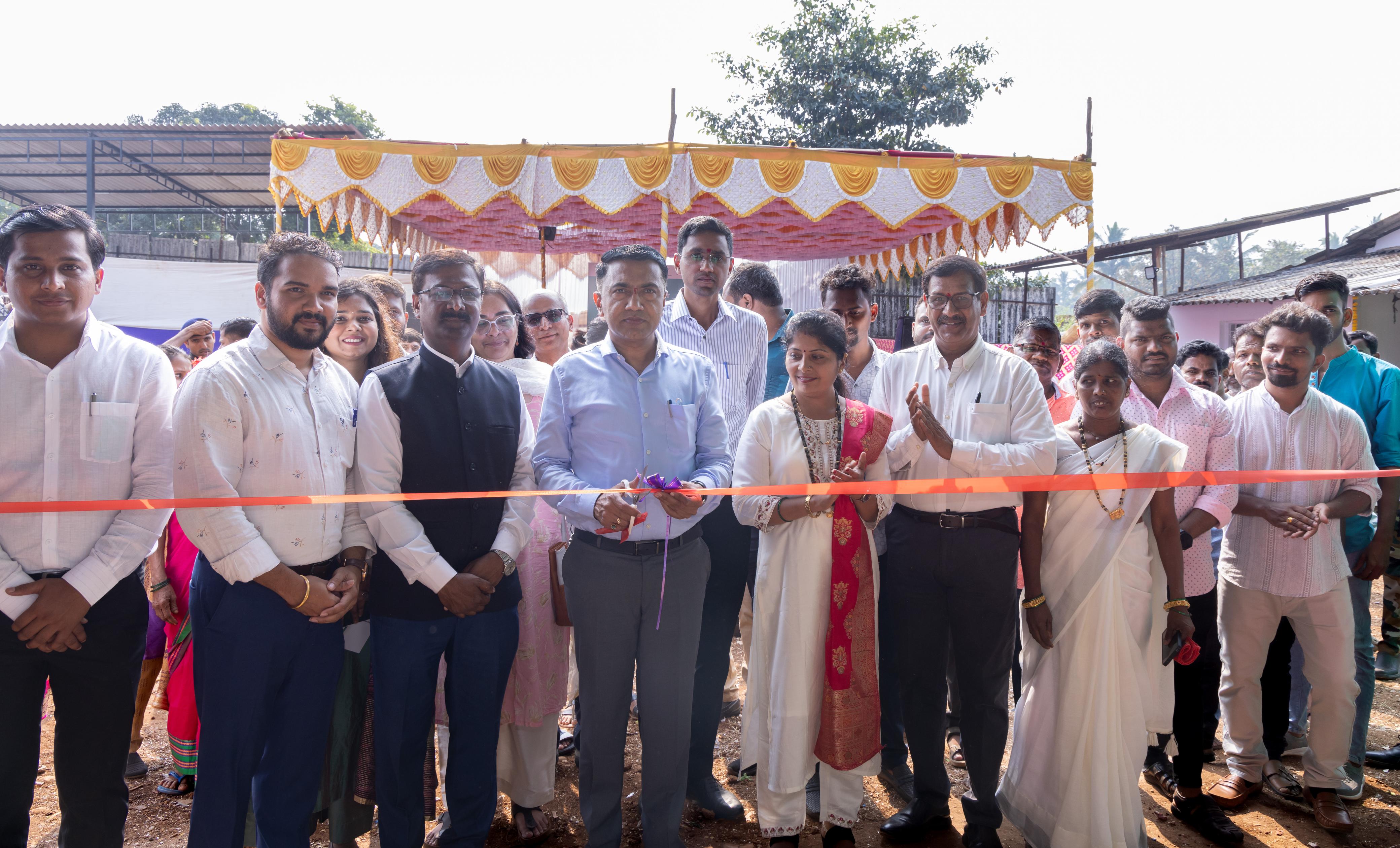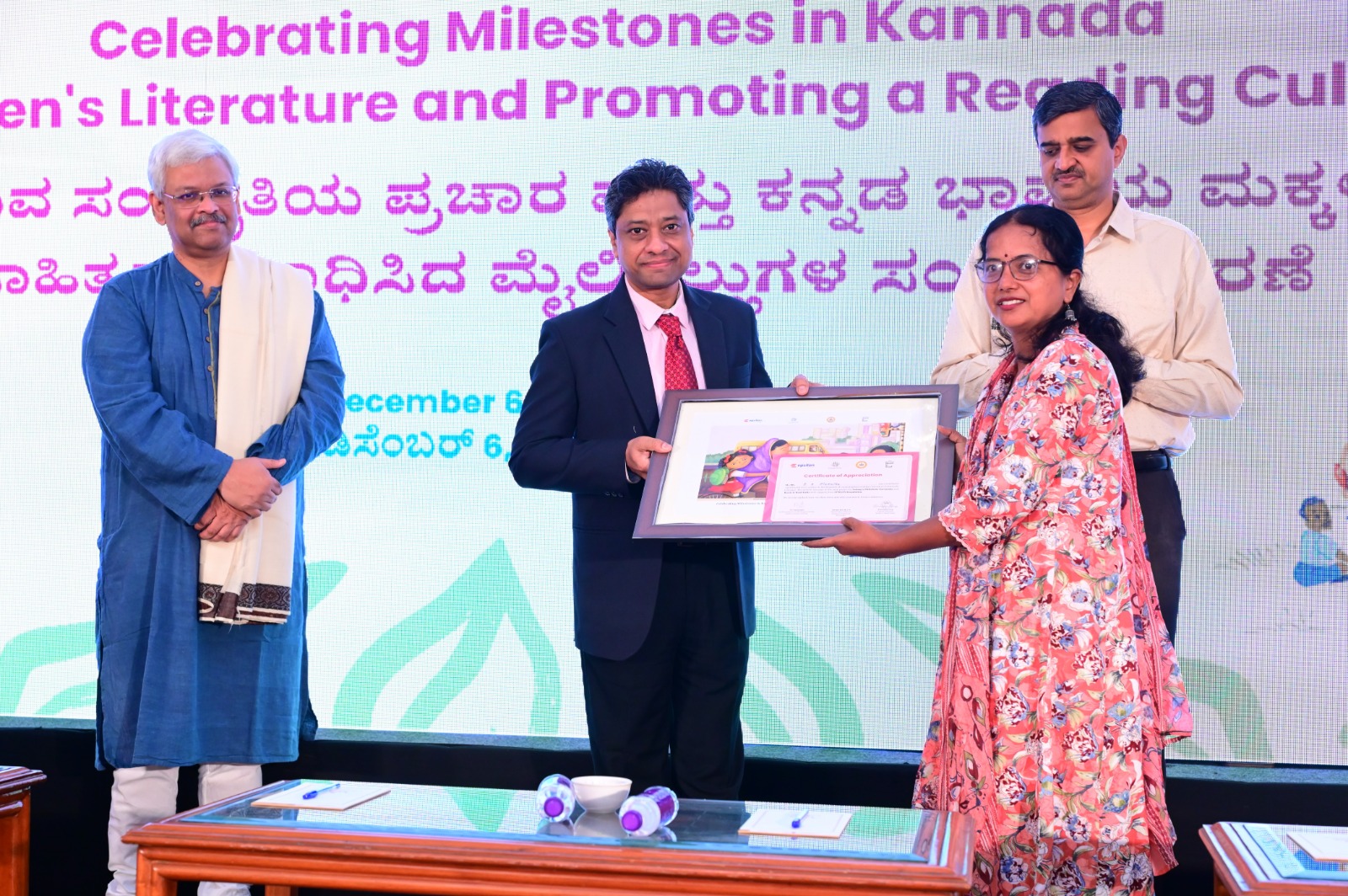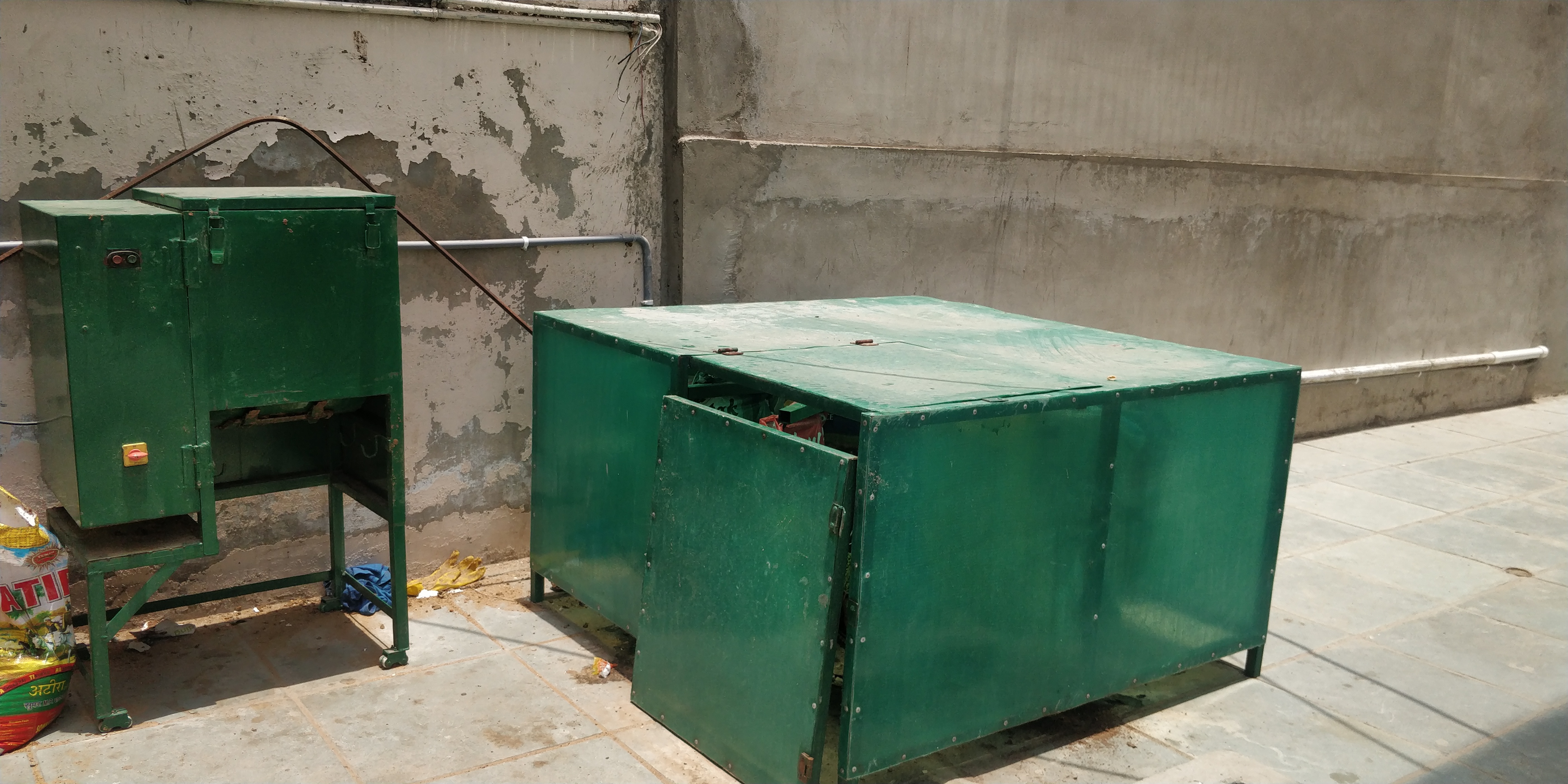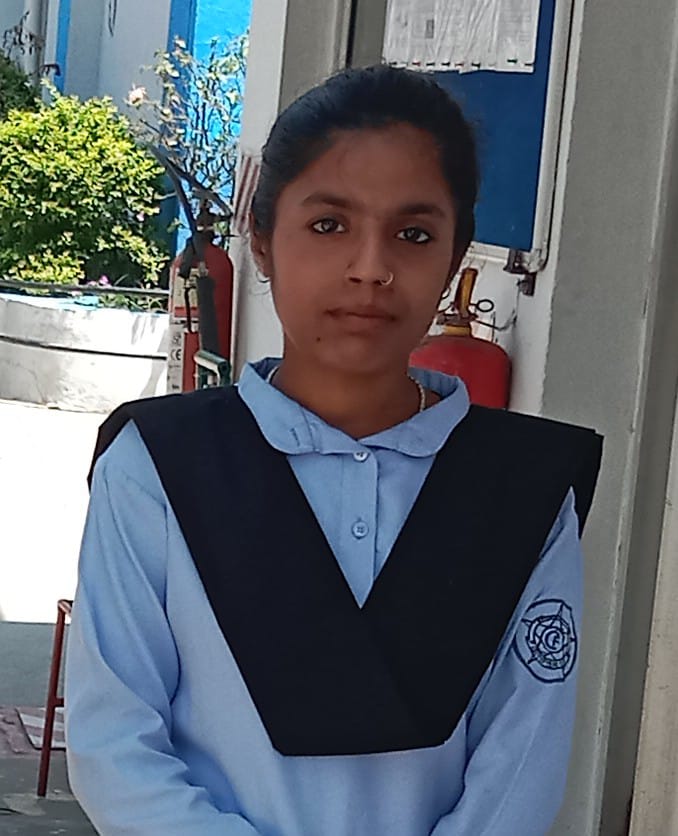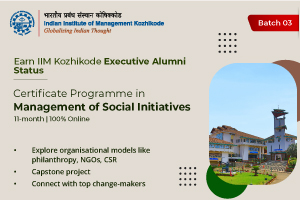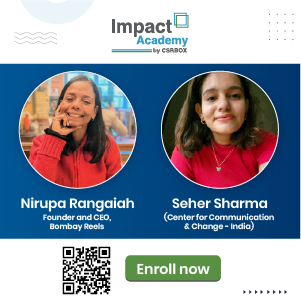10 NGOs Providing Clean Water and Access to Sanitation Across The Country
By NGOBOX
September 15, 2022
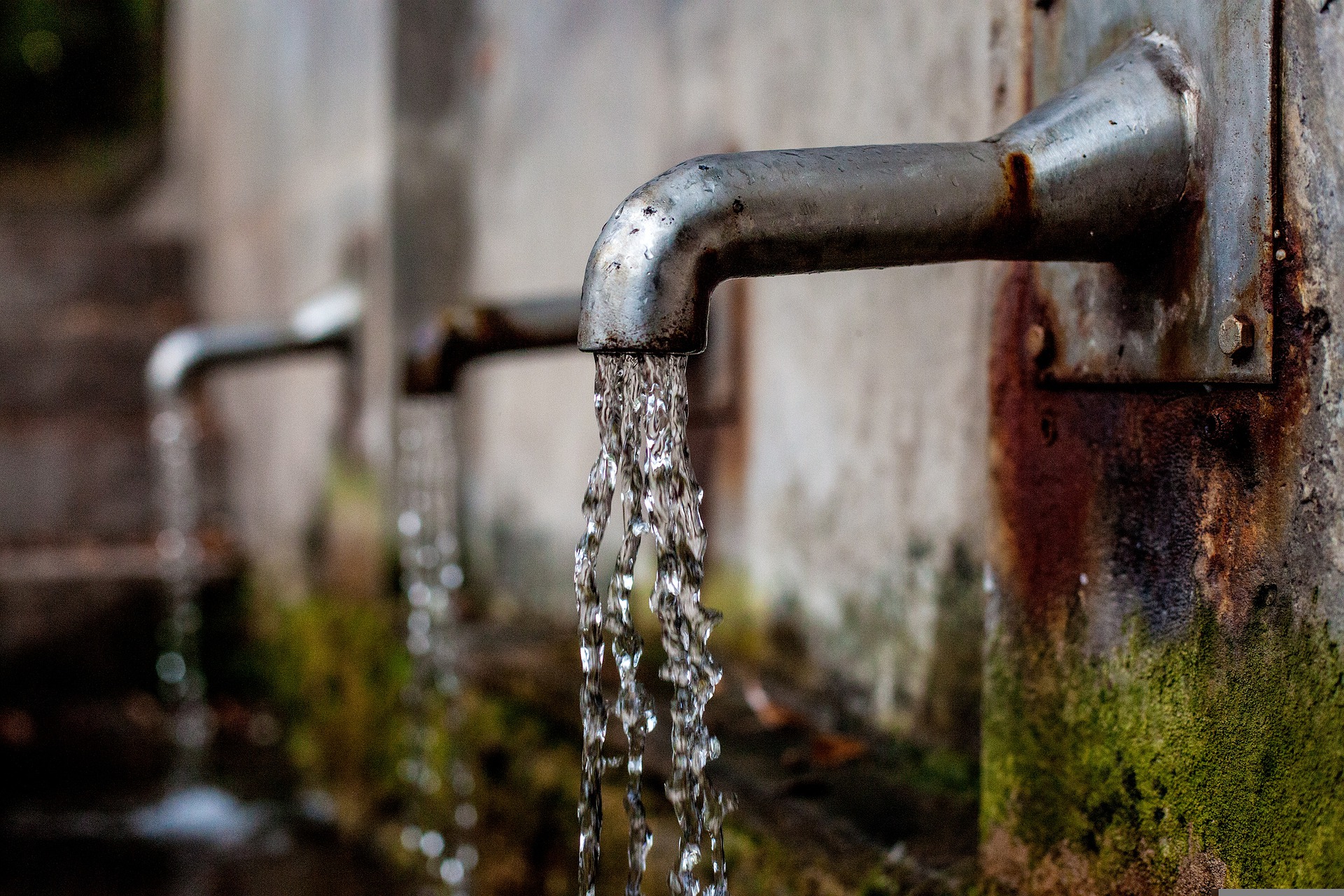
Water on our planet is limited and unevenly distributed. When we talk of water conservation, the issue is not just about “saving” water but having enough water to meet our present and future needs. For centuries, humans have exploited water resources and many fear that future wars could be fought over water. Natural water bodies such as lakes and ponds are sources of drinking water, help control floods, support biodiversity and regenerate groundwater. With Indians already facing a severe water crunch, predicted by scientists to worsen by 2030, it is imperative for us to take action. Owing to the limited resources, access to sanitation also becomes limited. Having a household toilet improves the quality of life for all members of the household, more so women and girls. While the inconvenience of traveling to and from an open defecation site and the risk of contracting diseases is faced by men and women alike; these problems are exacerbated in the case of women and girls. The material reality of not having a toilet at home results in poor menstrual hygiene management and the withholding of food and water, leading to undernourishment, reproductive and bladder infections. Addressing these key issues, certain NGOs are working to provide critical communities with these resources. 1. Water For People India Water For People India is a public charitable trust focused on providing sustainable access to high-quality drinking water, sanitation and hygiene (WASH) services to create a water secure environment, sustained by local communities, businesses and governments. They design and implement ground – level solutions that help the marginalized communities – rural areas and urban slums – access their share of water resources. With the support of funding partners they renovate community latrine blocks in urban or peri-urban slum areas. In areas where they work, a neighborhood committee is created or strengthened for operation and maintenance of the facilities. These committees obtain financial contributions from the users to cover the cost of cleaning, including a caretaker, cleaning products and minor repairs.
Source: Swades Foundation website 2. Swades Foundation Swades Foundation believes that it is every individual’s right to receive safe and sanitized drinking water. This NGO working towards the conservation of water bodies in Maharashtra aims at ensuring that every family in its geography receives their share of 200 liters of water per day through taps and pipes, in addition to other basic facilities such as sanitation, healthcare and livelihood. Apart from domestic uses, water is also required for agricultural purposes. They have taken up small tributaries and constructed check dams in order to conserve water for domestic and agricultural purposes. The water thus conserved is supplied to the agricultural lands through modern age technology. Just like access to water is of prime importance, they also understand that household toilets are critical to the development of rural areas. Their goal is to ensure every individual from a rural family has access to a toilet in his household and uses it every day. For behavior change they organize various street plays, community-led total sanitation programs, rallies and other modes to engage with the community and ensure an open defecation free geography. 3. Gramin Vikas Samiti With an aim to support the lives of millions of people living in villages spread across Rajasthan, Uttarakhand and Uttar Pradesh, Gramin Vikas Vigyan Samiti was born. Also known as GRAVIS, this NGO has positively impacted nearly 1.3 million lives. Keeping in mind the water scarcity and inadequate sanitation facilities in drought-affected areas of the Thar Desert, GRAVIS has taken up the responsibility of promoting water security through conventional methods such as rain water harvesting through taankas (covered impermeable cisterns) and beris (shallow, pitch-shaped wells) and desilting of naadis (rivers). So far GRAVIS has built nearly 6,635 tankaas, 588 beris and de-silted 263 naadis. With these initiatives, GRAVIS has supported lakhs of families in and around the villages they have worked in, providing them with stable sources of clean drinking water and sanitation. 4. Navjyoti India Foundation Apart from bringing about a positive change in the lives of the marginalized sections of the society and promoting women empowerment, Dr. Kiran Bedi started Navjyoti India Foundation. Her aim is to protect the environment and conserve water bodies. This NGO for water conservation works towards ensuring sustainability of natural resources. Their water conservation enterprise works on the concept of rainwater harvesting – they collect the excess rainwater and help in replenishing groundwater. They also work towards the restoration of lakes, ponds and other water bodies. They carry out their initiatives of restoring the environment by collaborating with local and state-level administrative offices, schools, universities, social groups and other private entities. Working in a multi-disciplinary approach, this NGO combines scientific, social and environmental aspects of sustainability and sensitizes local communities to understand the importance of environmental conservation. The organization promotes adopting sustainable means of life, working in close collaboration with students, women-led community groups, youth volunteers and Gram Panchayat. 5. Watershed Organization Trust (WOTR) Located at Pune, this NGO has spread its wings across nine states in India, impacting more than 3,750 villages. With “water” at the core of everything that it does, WOTR has started many initiatives that aim at conserving water bodies in India. As a simple yet unique step, they have started something called “water budgeting”, which involves “Jal Sevaks” to ensure optimal, rightful and efficient consumption of water. These Jal Sevaks lead the water conservation activities in their own and the adjoining 3-4 villages. In addition, they also aim at motivating and enabling rural communities toward water harvesting and conservation.
SARA programme. Source: SARA website. 6. Sustainable Alternatives for Rural Accord (Sara) Sara and its associate organizations have been working on the ground at various levels to understand and implement sustainable models under its ‘Swagrama’ programme. Inspired by Mahatma Gandhi’s dream project ‘Village Swaraj,’ the ‘Swagrama’ project aims to achieve self-sustainable rural development. Water conservation is an important part of the programme. Sara is reviving ten lakes in four panchayats of Karnataka’s Shivamogga district. Most of these lakes were full of silt and lost the capacity to recharge and irrigate the cultivable land. With enhanced water storage capacity and desilting, the lakes can now hold the water throughout the summer months, helping the villages surrounding them. Groundwater recharging is helping in retaining soil moisture and helping in the growth of crops. 7. Rural Development Organization (RDO) Trust A majority of the people in his village, including Mahalingam, did not have toilets in their homes forcing them to defecate in the open either in the dead of the night or at the crack of dawn. In fact, lack of toilets was a common issue in most of the villages in the Nilgiris and people had no other choice. This prompted him to bring change and launched the Rural Development Organization (RDO) Trust. The RDO Trust is committed to serving the rural community by promoting innovative solutions and advocating collective responsibilities. RDO is actively engaged in helping the rural people to build household toilets. Thanks to the Honorable Prime Minister Narendra Modi’s unique program Swachh Bharat Mission (SBM), the sanitation program of RDO assisted 68000 families in building household toilets in the Nilgiris through women SHGs and without engaging contractors. With the collaboration of FINISH (Financial Inclusion Improves Sanction and Health), RDO has built 1.2 million toilets in ten states across India. 8. Center for Advanced Studies in Policy Research (CASPR) Foundation CASPR is a not-for-profit Company registered under the Indian Companies Act. It is an independent institution which through its various initiatives aims to contribute to the effective policy formulation, execution and sustainability. It works as a critical think tank and involves itself in promoting interdisciplinary research; predominantly in the areas of Economic & Social Policy, Governance, Law, State, History, and more. CASPR through its sanitisation equality initiative, "Arogya Rakshak Toilet (ART)" aims to not just standardize the existing status of toilets in public use but also make it gender friendly. ART works on accrediting toilets on three defining measures that primarily include Hygiene, Gender inclusivity and disability friendliness. Additionally, ART also looks at the availability and functionality of the infrastructure. It not just advocates for robust healthcare toilets, but actively takes measures in building the infrastructure as well.
Providing clean toilets. Source: RDO Trust website 9. Sankalpa Rural Development Society This water conservation NGO in India has been promoting rainwater harvesting techniques through bore well recharge, and rooftop rainwater harvesting for well over a decade now. Founded by Sikandar Meeranaik, an entrepreneur in modern-day rainwater harvesting, SRDS believes that following its water harvesting methods could cause no water scarcity in India. The organization’s direct bore-well recharge technique combines common rainwater harvesting practices with innovative practices to replenish groundwater tables and aquifers with naturally filtered rainwater. Borewells recharged using its technique have seen increased water levels. Rooftop water harvesting is another method through which this NGO is inspiring many to conserve water. This water can be used for drinking and household needs, agriculture, and recharge bore wells and groundwater levels. 10. Gandhigram Trust Gandhigram is a non profit organization based out of Tamil Nadu, India, working towards empowering rural communities by providing access to affordable essential services in health, education and social welfare. The trust had been implementing the total sanitation programme in Athoor, Nilakottai and Batlagundu, comprising 62 village panchayats, with funds offered by a Bangalore-based organization. It has been distributing funds for construction of individual toilets, organizing meetings with rural people, self-help groups and women groups to motivate individuals to construct toilets. The trust coordinates with block-level panchayats to achieve sanitary facilities and make them model blocks in the districts. It works on developing training modules for building capacity of sanitation messengers at block levels, organizing training programmes for field staff, motivating women and utilizing their services as cluster facilitators.
© Renalysis Consultants Pvt Ltd

.png)

.jpg)
